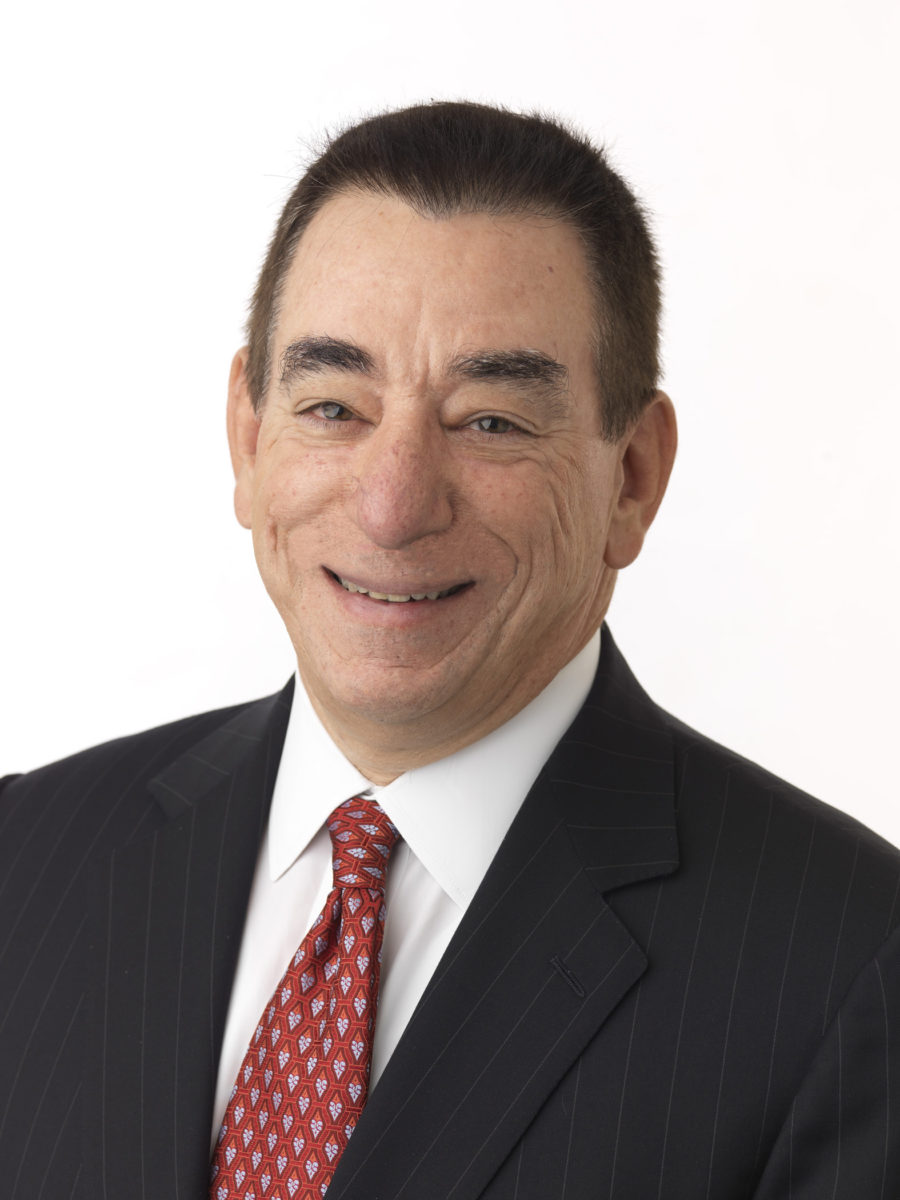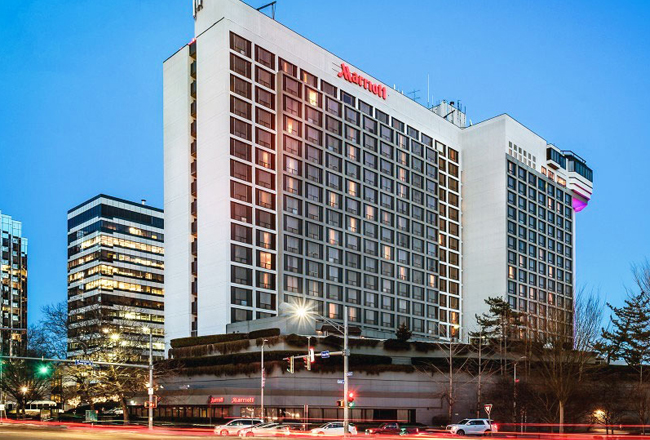The U.S. Food and Drug Administration has accepted for priority review Regeneron Pharmaceuticals and Sanofi”™s supplemental biologics license application for Dupixent (dupilumab) in adolescent patients 12 to 17 years of age with moderate-to-severe atopic dermatitis.
The announcement this morning came at the same time that Regeneron announced third-quarter net sales for EYLEA (aflibercept) increased 7 percent to $1.02 billion versus third quarter 2017.
In August, Regeneron ”“ the largest biotech company in New York state ”“ announced that it would be investing $100 million in Cambridge, Massachusetts-based bluebird bio Inc., a gene therapy developer, as well as collaborating for a five-year period to develop and commercialize novel immune cell therapies for cancer.
A month later, Empire State Development offered Regeneron up to $140 million in performance-based incentives to expand its Rensselaer County laboratory and manufacturing campus and in turn hire an additional 1,500 workers over the next seven years.

“Regeneron continues to grow and diversify our business, while continuing to deliver very strong financial results,” said Leonard S. Schleifer, M.D., president and CEO of Regeneron. “In addition to EYLEA reaching over $1 billion in quarterly U.S. net sales, we also made significant progress with Dupixent, a key driver of future growth, and launched Libtayo, our first immuno-oncology therapy.”
Schleifer said, “Dupixent is now approved in the U.S. for both atopic dermatitis and asthma and under regulatory review for the treatment of adolescents with atopic dermatitis, with another submission planned in chronic rhinosinusitis with nasal polyps. We also recently reported positive Phase 3 results for EYLEA in diabetic retinopathy, and expect an FDA action on our supplemental application for this indication in the first half of 2019.”
Currently, there are no FDA-approved systemic biologic medicines to treat adolescents with moderate-to-severe atopic dermatitis.
In 2016, the FDA granted Breakthrough Therapy designation for Dupixent for the treatment of moderate-to-severe (adolescents 12 to 17 years of age) and severe (children 6 months to 11 years of age) atopic dermatitis not well controlled on topical prescription medications.
The target action date for the FDA decision on the supplemental biologics license application is March 11, 2019.
Regeneron and Sanofi are also studying dupilumab in a broad range of clinical development programs for diseases driven by allergic and other Type 2 inflammation, including pediatric (6 months to 11 years of age) atopic dermatitis (Phase 3), pediatric asthma (Phase 3), chronic rhinosinusitis with nasal polyps (Phase 3), eosinophilic esophagitis (Phase 2/3), grass allergy (Phase 2) and peanut allergy (Phase 2).
Dupixent is approved in the U.S. as a treatment for adults with moderate-to-severe atopic dermatitis whose disease is not adequately controlled with topical prescription therapies or when those therapies are not advisable. It is also used as add-on maintenance treatment for patients 12 years and older with moderate-to-severe asthma with an eosinophilic phenotype or with oral corticosteroid-dependent asthma.
Dupixent is also approved for use in certain adult patients with moderate-to-severe atopic dermatitis in countries of the European Union, and other countries including Canada and Japan. In the U.S., more than 60,000 adult patients with atopic dermatitis have been prescribed Dupixent to date.


















